Is breakfast really the most important meal of the day? Like many things about nutrition, the answer to this question is not straightforward. While some studies report that skipping breakfast could have detrimental effects on health, others don’t seem to think that it’s nearly as harmful. However, strong evidence suggests that a healthy breakfast can help boost your heart health. In this article, we'll explore key heart-friendly nutrients and share easy breakfast recipes to help you start your day with a healthier, happier heart.
Key Nutrients for Heart Health
To maintain optimum heart health, the following should be kept in check:
- Blood pressure
- Cholesterol levels
- Triglyceride levels
- Inflammation
Diet plays a major role in balancing all these components.
Some key nutrients that help maintain heart health include:
Omega-3 Fatty Acids
Elevated triglyceride and bad cholesterol levels can increase the risk of atherosclerosis. Atherosclerosis is characterized by plaque formation and cholesterol deposition in the heart's arterial walls and can result in coronary heart disease and stroke.
Omega-3 fatty acids or polyunsaturated fatty acids (PUFAs), with a daily intake of 2 to 4 grams, reduce triglyceride levels by 25 to 40%.
EPA and DHA are two types of PUFAs that are very good for your health.
These fats also help prevent other conditions like autoimmune disorders, central nervous system issues, and chronic kidney disease.
Antioxidants
Antioxidants help balance out ROS or Reactive Oxygen Species, which in excess can cause DNA damage and is a major risk factor for atherosclerosis.
Foods like blueberries, raspberries, and beets contain antioxidants called betalains, which may help reduce inflammation.
Studies have shown that intake of dark chocolate has a high antioxidant content and anti-inflammatory properties.
Fiber
Dietary fiber, especially soluble fiber, has been shown to help lower total and low-density lipoprotein (LDL or bad) cholesterol levels.
Research indicates that foods like barley contain beta-glucan (a soluble fiber) that selectively reduces LDL and non-high-density lipoprotein (non-HDL) cholesterol levels.
Therefore, eating meals that include barley can help reduce heart disease risk.
Vitamins and Minerals
Vitamin D regulates blood pressure by interacting with blood vessel cells.
Insufficiency or deficiency of vitamin D may cause blood vessels to become more rigid, leading to plaque buildup and increased blood pressure.
It also elevates blood vessel fat inflammation, increasing the risk for CVD.
Two essential minerals for heart health are potassium and magnesium.
- Low levels of magnesium in the blood or inadequate intake have been associated with a higher risk for atherosclerosis, coronary artery disease, and other cardiovascular problems.
- Potassium helps regulate blood pressure by counteracting the effects of salt. It promotes salt excretion in the urine and reduces the pressure on blood vessel walls.
Hand-picked Article For You: Can A Low-Carb Diet Help Your Heart Health?
Heart-healthy Breakfast Ingredients
Whole Grains
Consuming whole grains rich in beta-glucan, including oatmeal, whole grain bread, and bran, lowers the risk of coronary heart disease.
Regular consumption of oats has also been shown to improve BMI, total cholesterol, and LDL cholesterol levels.
Leafy Green Vegetables
Green leafy vegetables rich in nitrate, like spinach, kale, and collard greens, reduce the risk of cardiovascular disease.
Eating one cup of these nitrate-rich vegetables daily can significantly lower heart disease risk.
They also reduce systolic blood pressure by about 2.5 mmHg and decrease heart disease risk by 12 to 26 percent, with the most significant reduction seen in peripheral artery disease, which narrows blood vessels in the legs.
Eggs
Eggs are rich in dietary cholesterol but also provide high-quality protein, iron, healthy fats, and important nutrients.
Despite concerns about cholesterol in the egg yolk, studies show that eating one egg per day does not increase cardiovascular disease risk and may even reduce it in some populations.
Others
Other heart-healthy foods include:
- Seafoods like salmon, sardines and whitefish
- Chicken (a good source of protein)
- Nuts and seeds like walnuts, chia seeds, almonds, pecans, and pistachios
- Dairy products like yogurt, soy foods like tofu, and
- Healthy fats such as olive oil can enhance the taste of your meals.
Easy And Heart-healthy Breakfast Recipes (Under 15 Mins)
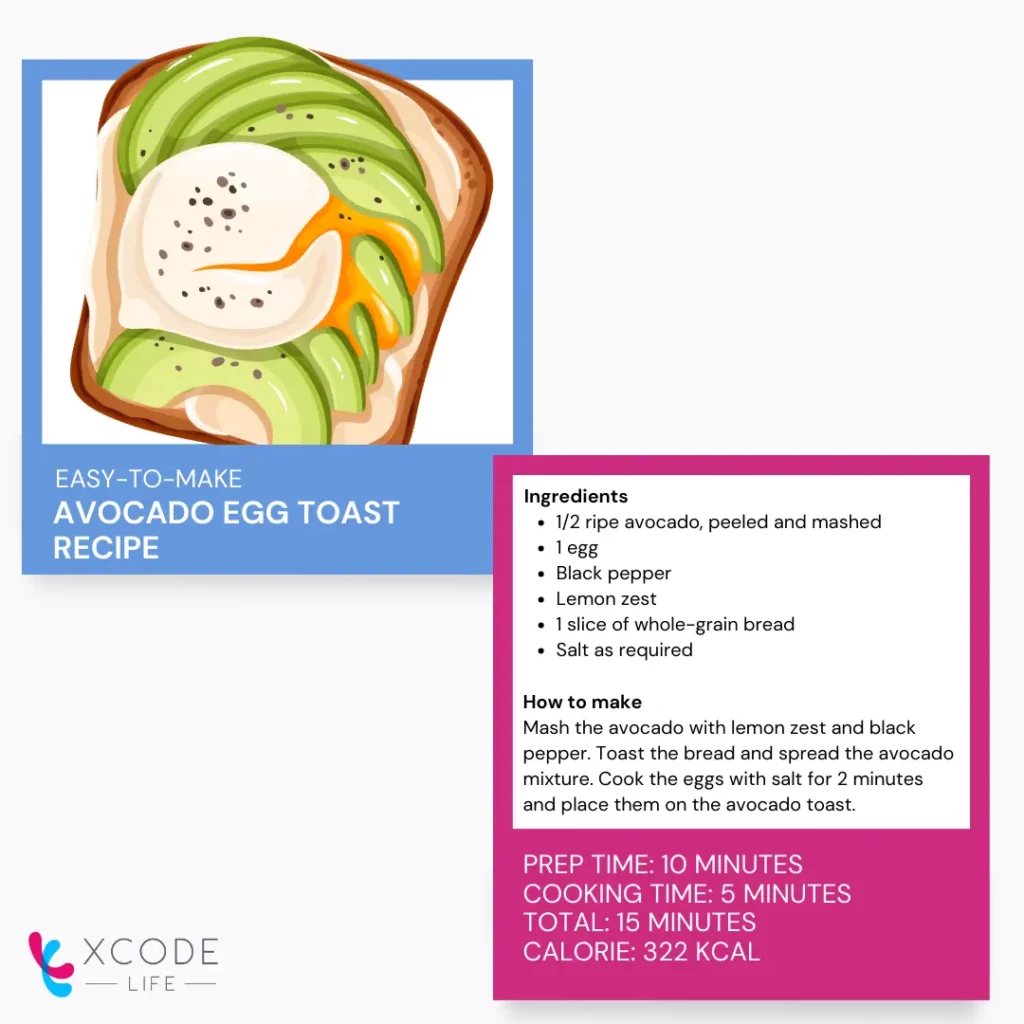
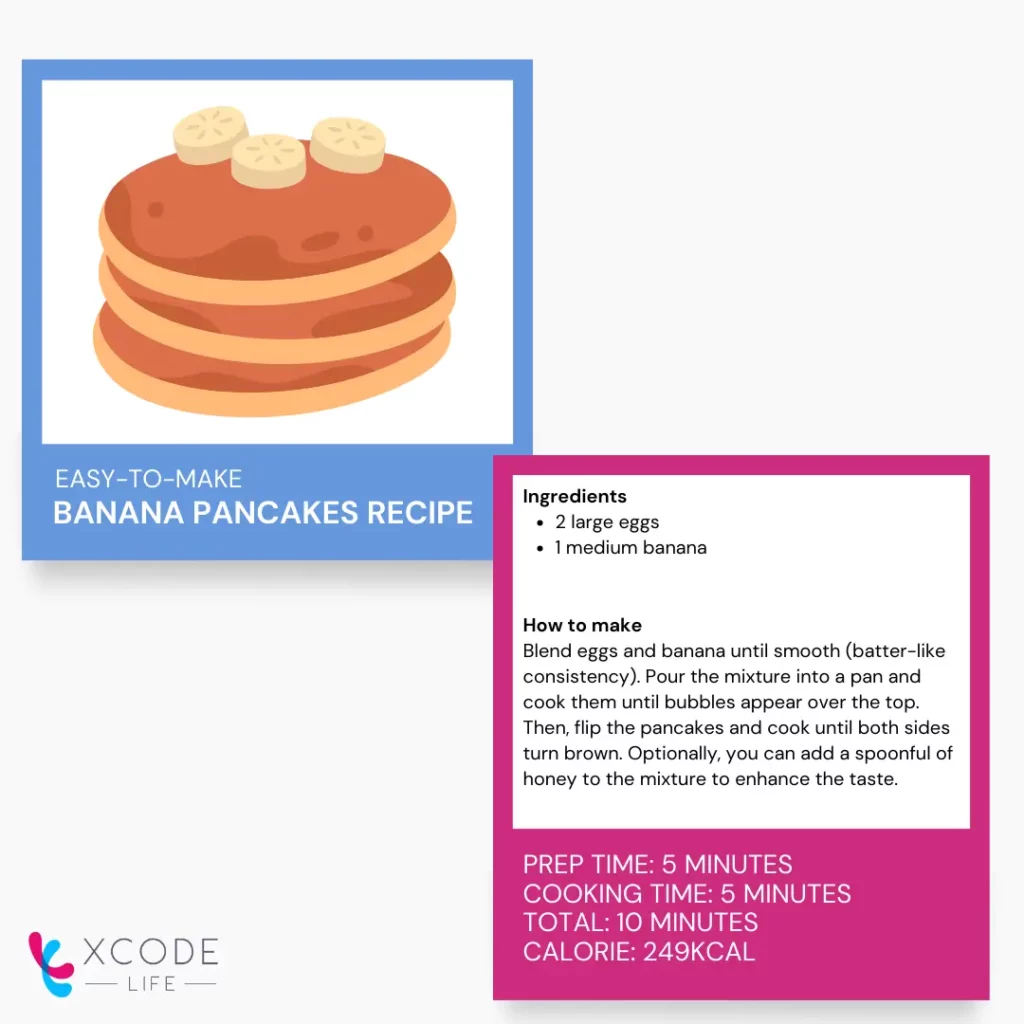
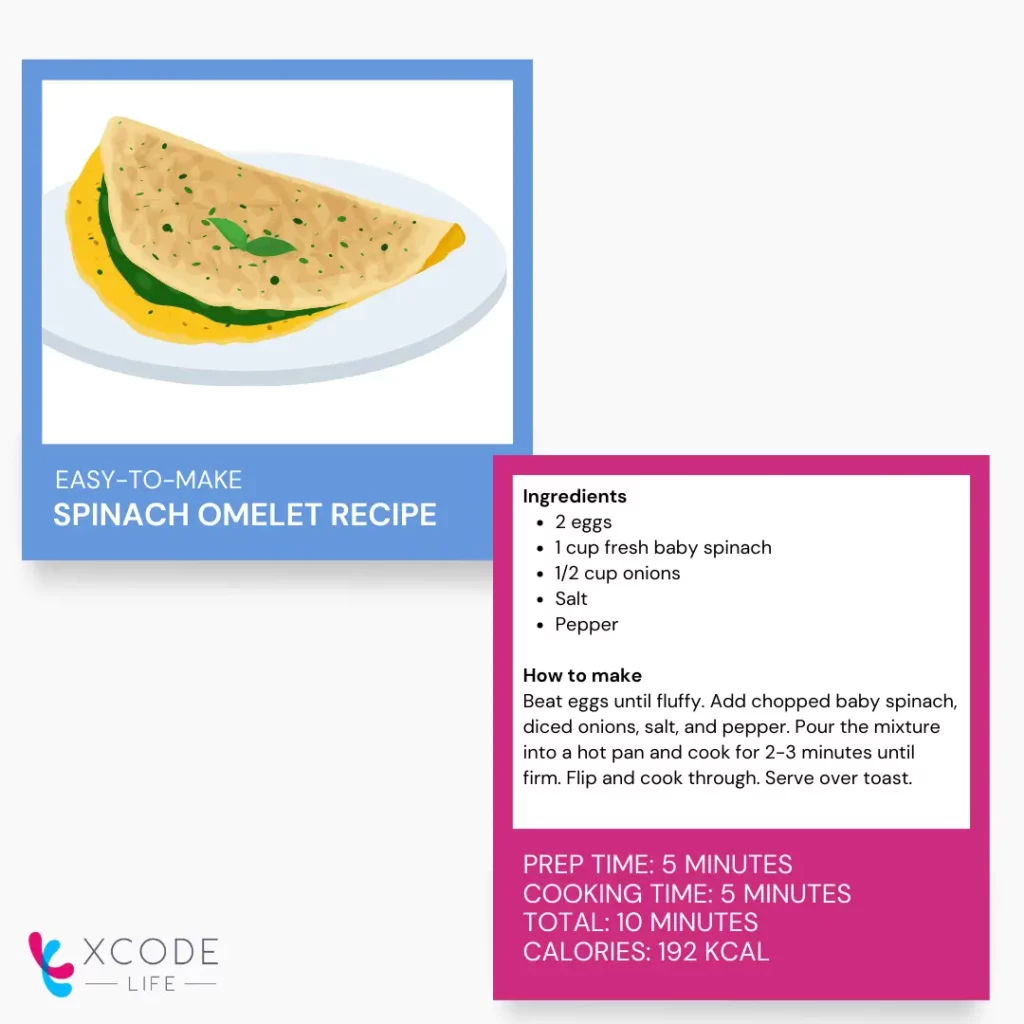
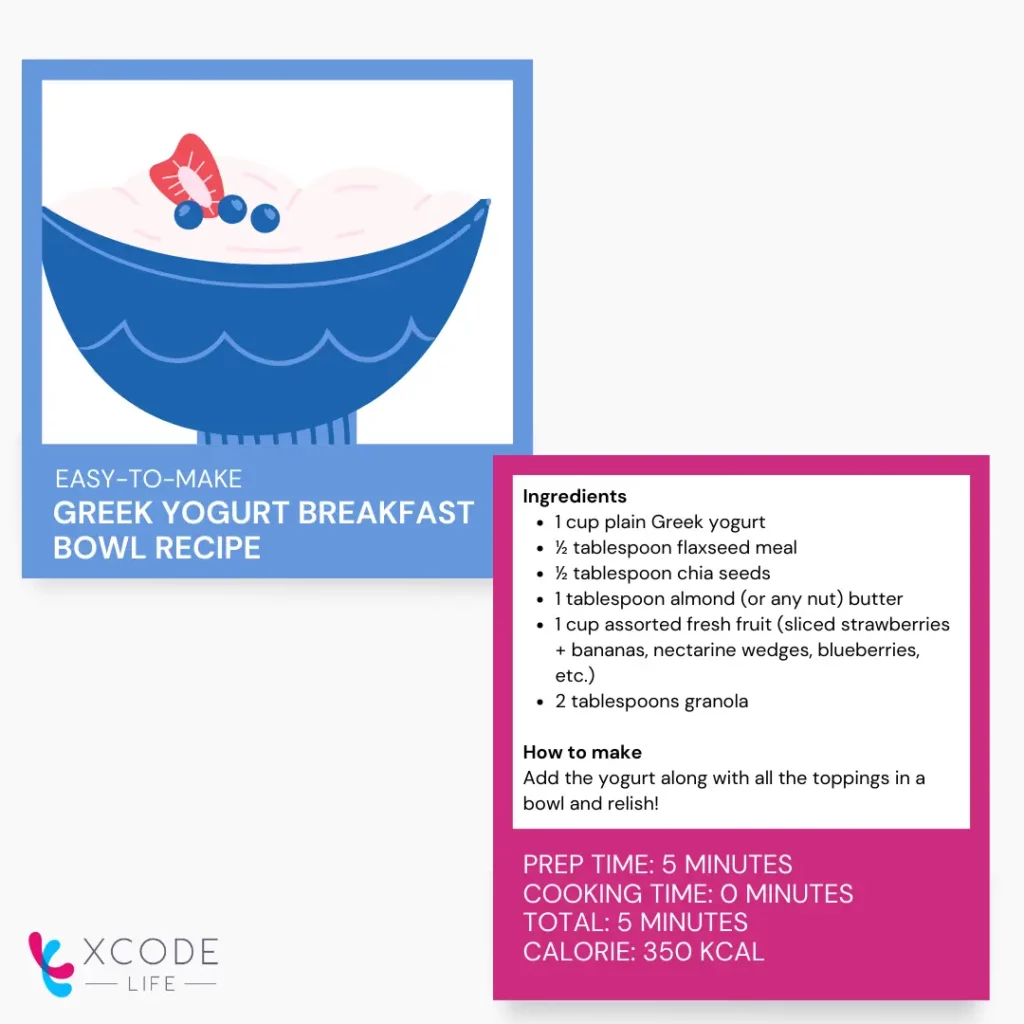
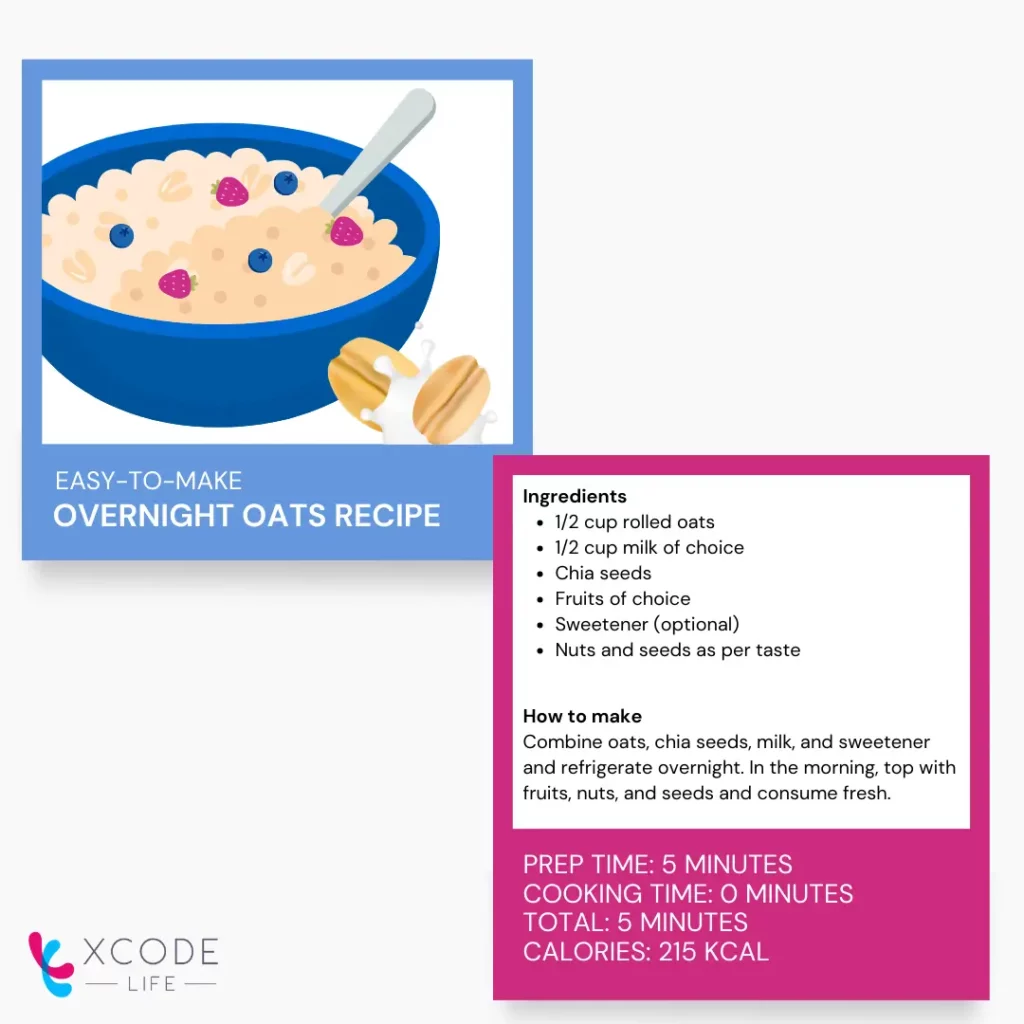
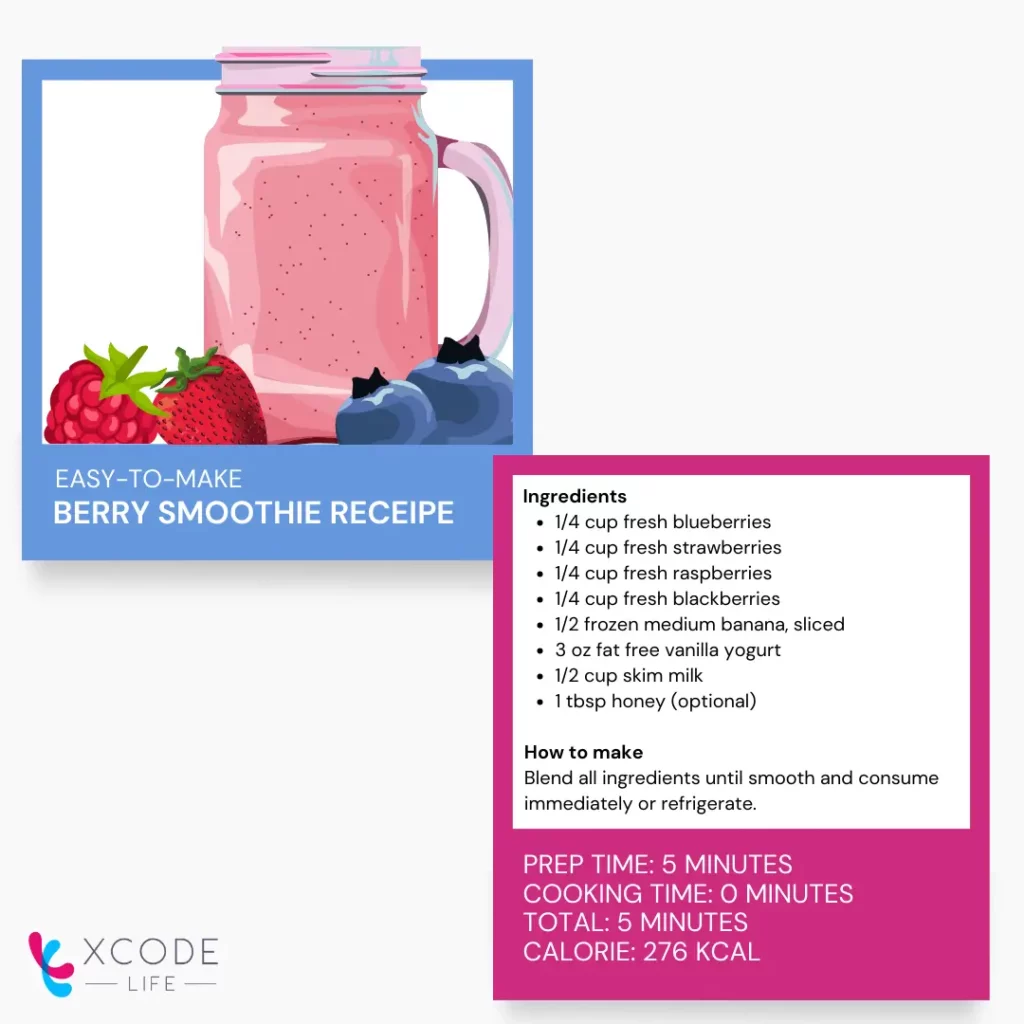
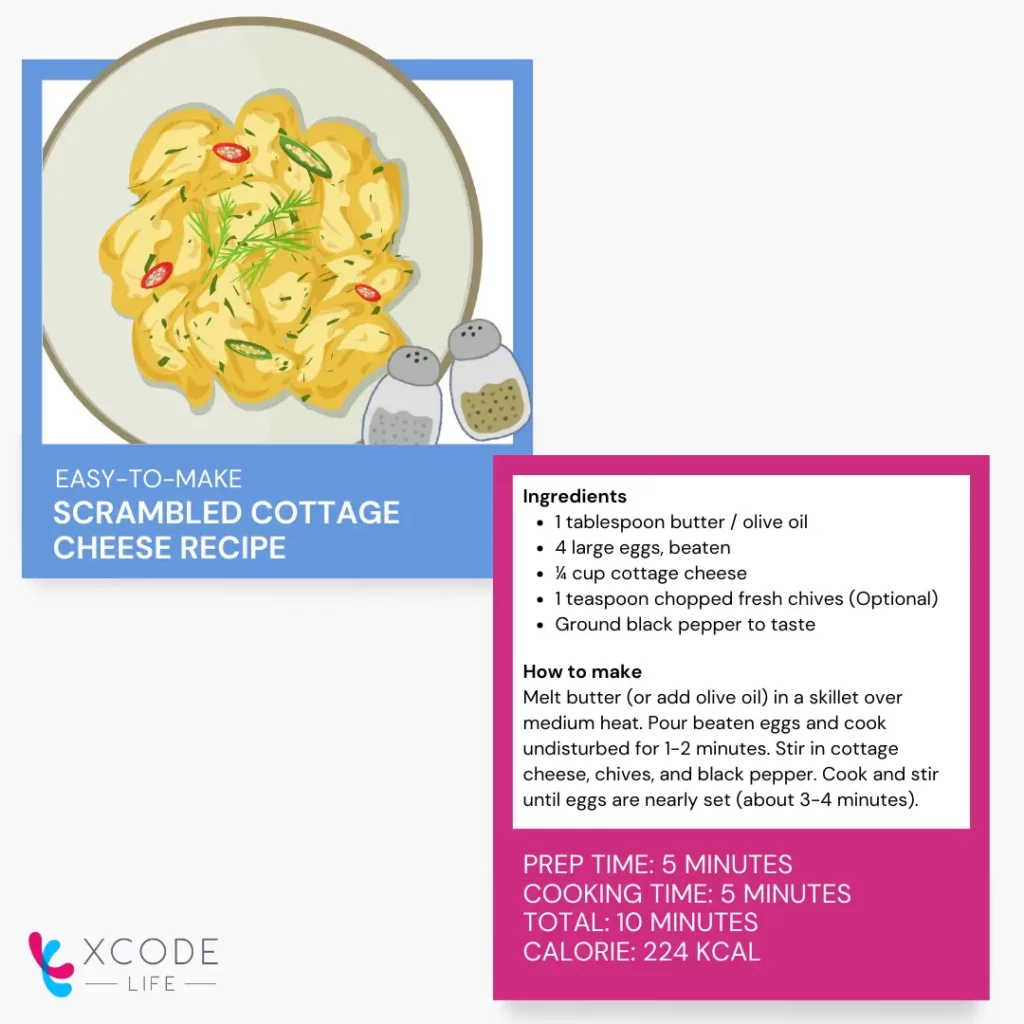
Diets for Heart Health
Three major diets have strong evidence of cardiovascular benefits.
- The Mediterranean diet mainly focuses on plant-based foods such as fruits, vegetables, whole grains, legumes, nuts, and seeds. It additionally includes healthy fats like olive oil and modest amounts of fish and chicken. The diet restricts processed foods, red meat, and refined carbohydrates. This diet is associated with a lower risk of diabetes, heart disease, and stroke.
- The Dietary Approaches to Stop Hypertension, called the DASH diet, focuses on fruits and vegetables, whole grains, lean proteins, and low-fat dairy to lower blood pressure and enhance heart health. It encourages moderation and portion management by limiting processed meals, added sugars, saturated fats, and sodium. This strategy has successfully minimized the risk of heart disease and blood pressure.
- A plant-based diet limits animal products such as meat, dairy, and eggs and increases the intake of fruits, vegetables, whole grains, legumes, nuts, and seeds. It emphasizes full, unprocessed foods and plant-based proteins like tempeh, tofu, lentils, and beans, which are linked to advantages like less risk of heart disease, decreased inflammation, and better digestion.
Foods That Are Bad For Heart-Health
The American Heart Association suggests avoiding these foods for optimal heart health:
- High-fat dairy products
- Fatty meats
- Processed meats
- Tropical oils and partially hydrogenated fats
- Processed foods
- Foods and beverages with added sugars
- Foods high in sodium
- Alcohol
FAQs
- Are bananas heart-healthy? Bananas are high in minerals, fiber, and potassium, which benefit heart health, blood pressure control, and digestive health. Bananas include potassium and carbohydrates, so those with late-stage renal failure or uncontrolled diabetes should watch how much of them they eat.
- Can you eat peanut butter on a cardiac diet? Studies suggest that regular consumption of nuts and unsweetened peanut butter can reduce the risk of heart disease, even after accounting for common cardiovascular risk factors.
- What is the most artery-clogging food? Foods high in saturated fats, such as butter, cream, cheese, and red meat, and deep-fried items like fries and nuggets are likely to elevate levels of unhealthy fats, increasing the risk of artery blockage.
- Which fruit is best for the heart? It's well-known that fruits are healthy and nutritious. Consuming a variety of fruits, including berries, papaya, pomegranate, apples, and avocados, can also promote heart health.
Summary: Heart-Healthy Breakfast Recipes
Breakfast can play a crucial role in heart health. While studies are mixed on the importance of breakfast, a healthy morning meal has been shown to benefit heart health.
Key nutrients for maintaining a healthy heart include omega-3 fatty acids, antioxidants, fiber, vitamins, and minerals. These nutrients help regulate blood pressure, cholesterol, and inflammation.
Heart-healthy breakfast foods include whole grains, leafy green vegetables, eggs, seafood, nuts, seeds, dairy products, and healthy fats like olive oil.
Quick and easy breakfast dishes like smoothies, overnight oats, toast, etc., can help incorporate these ingredients into your diet to start your day right.
Three diets with proven cardiovascular benefits are the Mediterranean diet, the DASH diet, and plant-based diets. These diets emphasize whole, unprocessed foods and limit processed foods, red meat, and unhealthy fats.
For optimal heart health, avoid high-fat dairy products, fatty and processed meats, tropical oils, processed foods, and items high in added sugars and sodium.
References
- https://www.medicalnewstoday.com/articles/263775
- https://www.ncbi.nlm.nih.gov/pmc/articles/PMC9739673/
- https://www.sciencedirect.com/science/article/pii/S0735109720380037?via%3Dihub
- https://www.mdpi.com/2304-8158/11/10/1445
- https://pubmed.ncbi.nlm.nih.gov/27273067/
- https://academic.oup.com/nutritionreviews/article/78/Supplement_1/78/5877743
- https://www.sciencedaily.com/releases/2021/05/210504112604.htm
- https://www.ncbi.nlm.nih.gov/pmc/articles/PMC7190072/
- https://www.ncbi.nlm.nih.gov/pmc/articles/PMC10128075/
- https://www.health.harvard.edu/heart-health/heart-healthy-foods-what-to-eat-and-what-to-avoid




